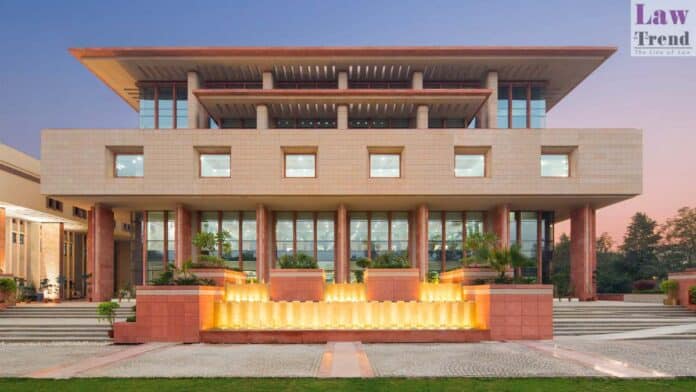In a significant directive, the Delhi High Court on Thursday declined to exempt the city’s chief secretary from participating in a crucial meeting chaired by the AIIMS director regarding the overhaul of services at government-run hospitals. Chief Justice Manmohan led the bench that emphasized the necessity of the chief secretary’s involvement in the discussions, albeit allowing for virtual participation.
The meeting, scheduled for October 5, is set to address the implementation of reforms suggested by a six-member expert committee. AIIMS Director Dr. M Srinivas, tasked with steering these reforms, reported concerns about previous attendees’ lack of decision-making authority and inadequate information, underscoring the need for higher-level involvement.
This judicial intervention follows a series of frustrations expressed by the court regarding the alleged non-cooperation from certain government officials. “It is time to open the contempt file. (But) We stopped our hand. The health secretary is not cooperating,” stated the bench, which also includes Justice Tushar Rao Gedela. The court’s firm stance indicates its commitment to ensuring that bureaucratic hurdles do not hinder critical healthcare improvements in the capital.*
The necessity for these reforms traces back to a Public Interest Litigation (PIL) initiated by the court in 2017, which highlighted severe deficiencies in ICU beds and ventilators in Delhi’s public hospitals. The court had previously formed an expert committee led by Dr. SK Sarin to propose necessary changes.
In its latest order, the court reiterated its intolerance for delays and bureaucratic resistance to the committee’s recommendations, which have already been accepted by the Government of National Capital Territory of Delhi (GNCTD). The meeting is expected to convene key officials including the Secretary of Health, Finance, Administrative Reforms, and Public Works Department to ensure a collaborative effort towards timely implementation.
Further, the court has called for an updated status report on the matter, including details on the induction of 23 doctors selected by the Union Public Service Commission (UPSC). It also directed that if the selected candidates do not join, steps should be initiated to issue joining letters to wait-listed candidates, reflecting the court’s proactive approach to addressing the staffing needs essential for effective healthcare service delivery.




